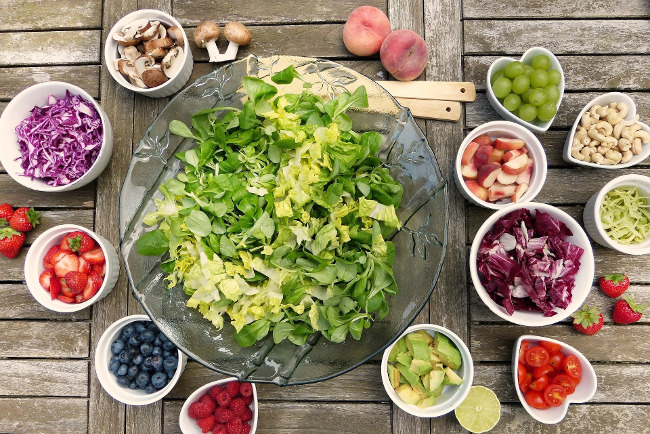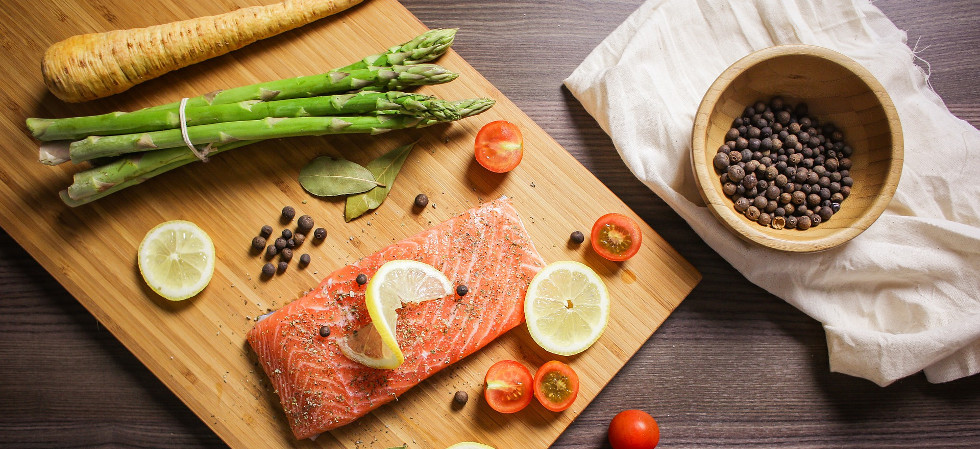News about cholesterol has been around forever, but like so many other things, there has been lots of misinformation. So, let’s take a real look at cholesterol.
Firstly, cholesterol is needed. It is a biological substance created by our own bodies for use in certain biological processes. This means, that some families genetically make more cholesterol than others. In addition, our western high fat / sugar diet leads to us taking in more cholesterol than we need, which pushes up our overall level. A high cholesterol level might not mean you need treatment. There are other factors at play such as your family history and your other risk factors for cardiovascular disease.
Why do we worry about high levels of cholesterol?
Cholesterol is an overall term for various lipids in our blood. The reason doctors are concerned about cholesterol levels is – the higher the levels, the more likely you will lay down cholesterol in your arteries. And, once there, these ‘plaques’ of cholesterol cause further attraction of blood cells and inflammatory markers which can cause a blockage in an artery. If the artery is to your kidney, this can cause kidney failure: If it is your carotid artery, you might have a stroke and if is your main artery which supplies your heart, you might have a heart attack.
Apart from high levels of cholesterol, other things that can affect your arteries’ abilities to stay healthy and repair themselves are smoking, high blood pressure and diabetes. So, if you have any of those extra risk factors, it is more important to know what your cholesterol is.

What is ‘good’ cholesterol?
This is a High-Density Lipoprotein, and this is actually protective towards your arteries. These fats are usually found in plant-based cholesterols. You can boost your intake of these cholesterols by eating more nuts and seeds and, of course, using olive oil which has shown to be protective. The fat found in oily fish is also a ‘good cholesterol’ and these also contain Omega 3 which have seen to be helpful in controlling a healthy vascular system.
A lot of people ask me, can I lower my cholesterol without taking tablets, and the simple answer to this is yes. Diet and exercise can lower your cholesterol, usually by 10-20 percent. However, if you are in one of the families that genetically produce more cholesterol, you may not be able to lower it ‘enough’.
When you have your cholesterol measured, we can also measure something called ‘triglycerides’. These are a direct reflection of your diet, so we can see through the untruths of ‘I’m really watching my diet doctor’. These can be just as concerning as a raised cholesterol level as they can also damage arteries.
When should I get my cholesterol checked?
If you are diagnosed with high blood pressure, diabetes or any disease that indicates vascular damage such as a stroke or angina, your doctor will take blood to check the level of your cholesterol and lipid profile and is likely to suggest medication if the numbers are raised.
If you are overweight and have other risk factors for vascular disease, (smoking, BP family history, excess alcohol consumption) speak to your practice nurse to discuss whether it might be worthwhile checking your cholesterol. BUT don’t forget, people can have a normal body weight and a raised cholesterol, so you should discuss it with your nurse, even in the absence of being overweight.
If you are from a family where anyone has had a heart attack or stroke under the age of 55, you should definitely see your Dr for risk stratification and possible investigation of your cholesterol.

Are statins good, bad or indifferent?
There has been a lot of press about whether people should take statins or not. The evidence very much points to people who have had an ischaemic event like a stroke or a heart attack, should be on ‘secondary’ prevention and should try to reduce their cholesterol with the use of statins. In other people, their risk should be quantified by QRisk3 (you can find it online and if you know your numbers you can work out your own risk or ask your Dr or Nurse). If your risk is above a 10 % chance of having an event in the next 10 years, you should think very carefully about taking a statin.
People mainly find the side effect of muscle ache or fatigue to be the most troublesome. However, don’t stop taking the statins – speak to your GP who may be able to help you with a different formulation.
In addition, cutting alcohol, eating healthily and stopping smoking whilst taking more exercise will all help to get your cholesterol under control and improve the health of your arteries.
Finally, if you have a normal cholesterol today, do not take that as a ticket to future health. As we get older, the body cannot process things as efficiently and your high fat diet may begin to catch up on you. Make sure you get your cholesterol tested regularly.
Advice given by Dr Lizzie Kershaw-Yates, GP and medical team member at TheOnlineClinic






















